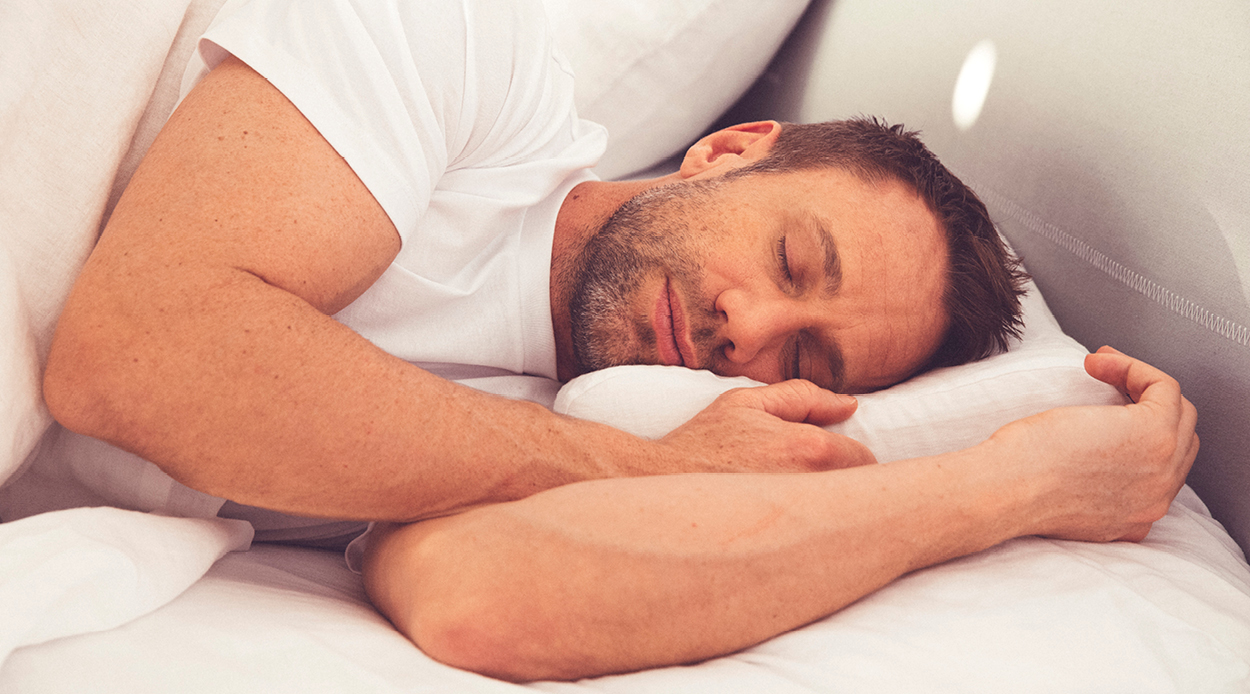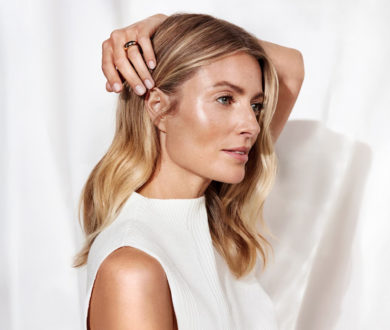From experience most of us know that after a good night’s sleep we look and feel better and are more easily able to cope with the challenges of lockdown life. Now science is coming to the slumber party with an increasing number of studies showing why bedtime needs to be quality time. Here’s why you should be sleeping your way to good health and how a Hyoumankind pillow can help.
Sleep is important for your immune system
With the Covid-19 pandemic, our immune systems are front of mind when it comes to health. Getting a good night’s sleep is an important step in being prepared to deal with viruses and infections. Studies now show that people who don’t get quality sleep are more likely to get sick after being exposed to a virus, such as the common cold.
Stoyan Dimitrov and Luciana Besedovsky at the University of Tübingen in Germany discovered that T cells, a type of white blood cell that is critical to the body’s immune response, are able to target infected cells more effectively in bodies that experience quality sleep.
“Our findings show that sleep has the potential to enhance the efficiency of T cell responses, which is especially relevant in light of the high prevalence of sleep disorders and conditions characterised by impaired sleep, such as depression, chronic stress, ageing, and shift work,” says Besedovsky.
During sleep, your immune system also makes and releases cytokines – a type of protein that targets infection and inflammation – helping it respond to viruses. So if you’re not getting plenty of sleep, your body may not have enough protective cytokines to help you fight infections.
How much sleep do I need?
To keep your immune system fighting fit you need to aim for 7-8 hours sleep a night, while teenagers should have 9-10 hours and children require 10 hours of sleep or more. When it comes to sleep quality is just as important as quantity and adults who are sleeping more than 9–10 hours may experience a restless night’s sleep or trouble nodding off.
Naps are encouraged
A 2015 study in the Journal of Clinical Endocrinology & Metabolism showed that sleep-deprived men who had two half hour naps the following day saw their immune systems return to effective levels.
Getting a nap on-the-go is made far more easy when you have a portable, ergonomically-designed pillow at the ready. Get some sleep, help your immune system and wake up refreshed – it’s a win, win situation.








